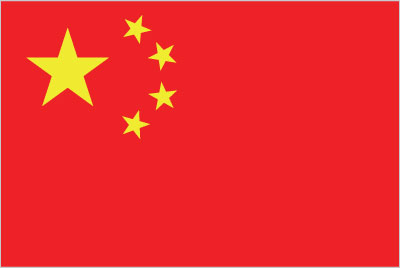
Xi Xinping- CEO, China: A Force that needs reckoning?
The dominance of China across the world is not unknown to many. With a recent video going viral on the internet under the question “Who most wants to overthrow China?” that depicts the phantasmagoria of Communist Party’s nightmares of Western subversion, it broadly depicts Chinese public sentiments towards a government far more oppressive and tyrannical than any other, and questions the long standing communist rule in the country itself- A rule of despotism under Xi Xinping, the CEO of China.
China is preparing itself for the 19th five yearly congress which is scheduled in 2017. If Xi Xinping, the current president of Chinese Communist Party survives the 19th Congress, China will have overtaken the erstwhile Soviet Union as the world’s longest- lasting Communist dictatorship. Although growth during his tenure has been modest, remaining just above 6% per annum, the previous five years have been instrumental in bringing forth the true ambitions of China, and more necessarily it’s ruler, who is leading the country in dangerous directions- economically, politically and internationally.
Xi has spent most of his initial term accumulating power in his own hands. The idea of “collective leadership” of his predecessor, Hu Jintao, has now been replaced by a more individualized form of despotism, revolving around the personality cult known as Xi. He currently heads most of the groups in charge of running the economy, similar to what a CEO does for a corporation. The next congress might as well be an opportunity for him to fortify his power, which might allow him to defy the rules that have confined his previous counterparts to two terms.
In 2016 a major global leader, only in the last phase of his job as head of an entity containing more than a billion people but whose governance and leadership had been beset by crisis and confusion in recent years, Xi Xinping can be best described as a godfather to a Mafia clan, as noted by Chinese writer and democratic activist, Yu Jie. Yu describes Xi and his sent-down generation as those have ‘zero real understanding or sympathy with democracy’. He goes on to say that Maoism is the only systematic, comprehensive and accessible body of ideas that Xi concurs to. His words are extreme, but they certainly don’t seem incorrect.
While Xi may be the face of a renewed and a more strengthened China, it would be still unwise to compare him with the likes of Mao. It is true that Xi derives his power from his ability to harmonize with his Party’s interests. Thus, looking at Xi outside the milieu of the Communist Part of China (CCP), therefore, means that one is looking at something that in a sense has no existence at all. Unlike Mao, Xi never grew into the Party, but always belonged to it. He has no existence discrete from the culture of his Party, and no autonomy without it. The point of him being a Godfather of China, therefore, seems no longer relevant. The truly powerful, as history teaches us every now and then, locate their power far away from their own selves.
Thus, although Xi is determined to restructure China so as to present it as a force to reckon with in the international arena, it is also crucial that such profound ambitions be put in perspective, so as to ensure they don’t lead to conjuring results.

